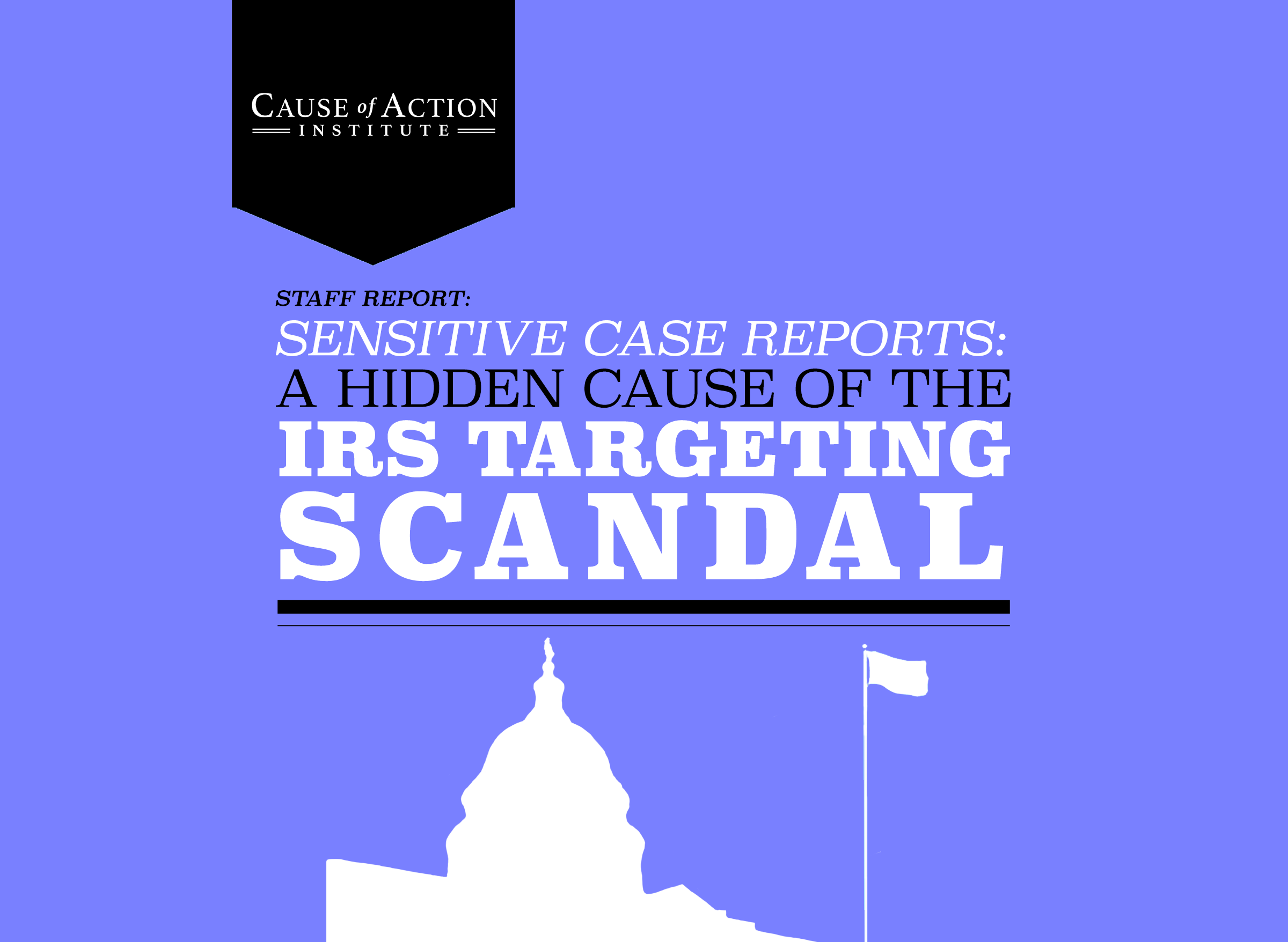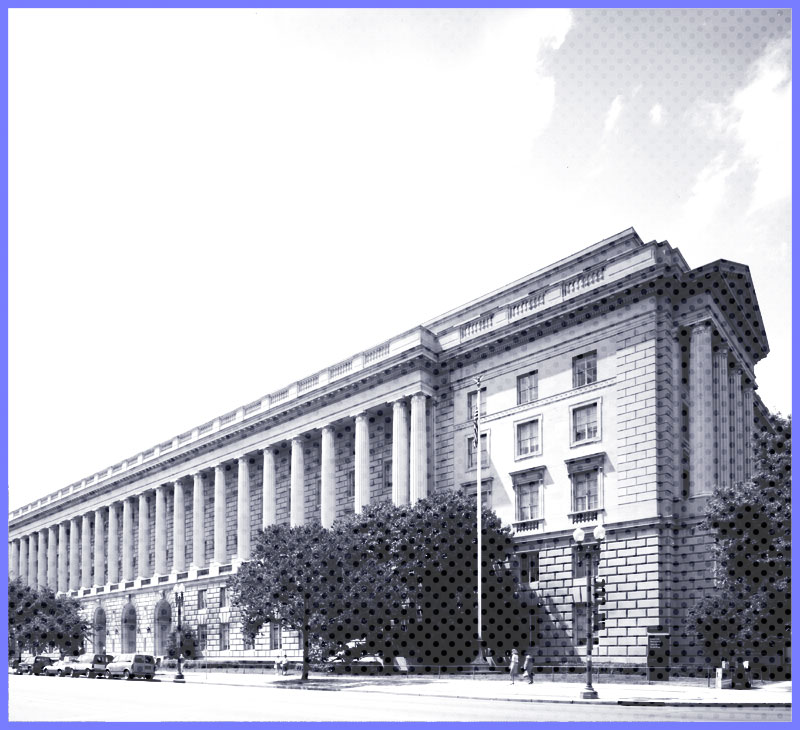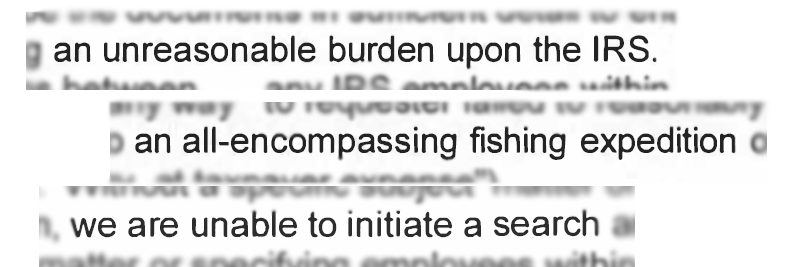
Beginning in February 2010, the Internal Revenue Service (“IRS’) singled out certain non-profit organizations for extra scrutiny when they applied for tax-exempt status. Numerous subsequent congressional investigations and media reports demonstrated that the targeting involved invasive questioning and years-long delays, and focused disproportionately on right-leaning groups, especially those with “Tea Party” in their name. These reports, however, have almost entirely overlooked a hidden cause of the targeting scandal,which remains in effect today. As a result, American taxpayers are at risk for similar treatment in the future.

Contrary to the conventional storyline, there exists an institutional policy that was the first impetus in prompting IRS employees to target groups based on their political viewpoints. That policy is embodied in an internal IRS rule—which is still on the books—that singles out applications from any group interested in issues that might garner attention from either the media or Congress. In such cases, the merits of the application are ignored as IRS employees develop “Senstive Case Reports” for consideration by those above them in the IRS hierarchy. The result is a process that interferes with the unbiased review of applications for tax-exempt status designed to apply to all eligible organziations, regardless of their political viewpoints or affiliations.
Key Findings:
- Targeting was—and is—IRS policy, not a violation of it.
- The employees who initiated the targeting cited an internal “Sensitive Case Report” process that singled out applications that might attract media or congressional attention.
- Sensitive Case procedures remain in effect today.
- The IRS has the authority to change its internal policy at any moment, which means it can remove the problematic rules at its discretion. Doing so would eliminate the agency procedure that enabled the targeting scandal. To date, the agency has not made the required changes to its rules.

Seven years after the targeting scandal began, the rule that enabled this inexcusable behavior still exists. Until that rule is removed from the internal manual used by all IRS employees, targeting of politcal opponents will remain a very real threat. Fortunately, removing the offending provisions is a simple process that can be started at any time and completed without the need for new legislation or formal notice-and-comment rule-making.
